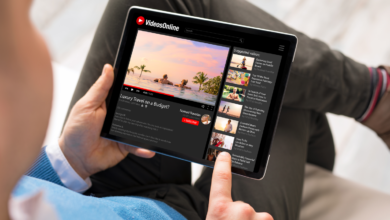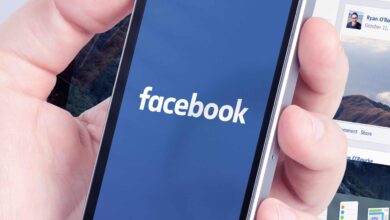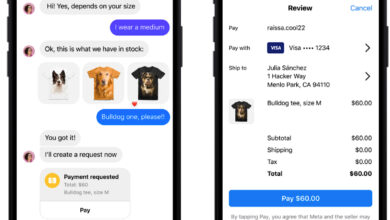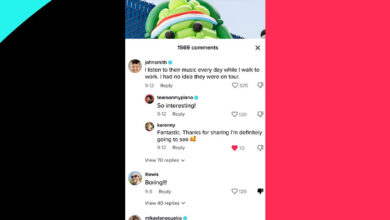Twitter Bans Sharing Photos Of Private Persons Without Consent
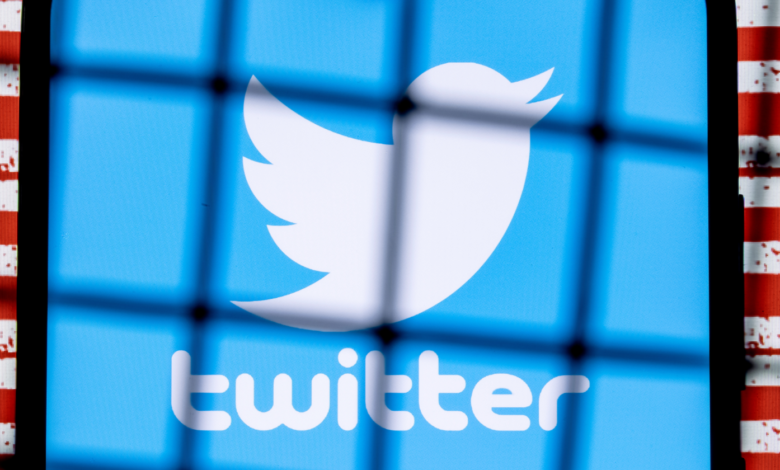
Twitter expands its information policy to include “private media,” which refers to photos and videos taken without a person’s consent.
Previously, Twitter’s policy covered sharing private information such as phone numbers, addresses, and IDs.
In response to growing concern about the misuse of images and videos not available anywhere else on the web, Twitter will now take action on unauthorized private media.
Twitter says such media is used as a tool to harass, intimidate, and expose the identities of ordinary people.
“Sharing personal media, such as photos or videos, has the potential to invade anyone’s privacy, and may result in emotional or physical harm. Misuse of private media can affect everyone, but it can have a disproportionate impact on women, activists, and dissidents.” and members of minority communities.”
Prior to today’s policy change, Twitter would only take action on private media that depicted offensive behaviour.
Now, Twitter will remove media shared without a person’s consent even if the content is not overtly offensive.
The full list of content that violates Twitter’s private information policy is as follows:
- Home address or physical location
- identity documents
- Contact information
- Financial account information
- Other private information such as biometric data or medical records
- Media of individuals without the permission of the person(s) photographed
In addition, Twitter will not tolerate threats to reveal someone’s private information, nor will it allow users to offer monetary compensation for another person’s private information being published.
How will Twitter enforce this policy?
Twitter relies solely on user reports to enforce its media policy. This is not something it can detect automatically.
“When private information or media is shared on Twitter, we need a first-person report or a report from an authorized representative in order to decide whether to share the photo or video without their permission.”
After receiving a report from someone who was filmed in private media, Twitter will remove the content.
To be clear, this policy does not cover media that feature public figures.
So you can take photos of celebrities and performers, for example, and share them on Twitter without violating this new policy.
There is one exception, however, and that is if public personal media is shared with malicious intent.
Twitter may allow unauthorized media to private individuals in situations such as the aftermath of a violent event, or if it is part of a newsworthy event of public interest.
Source: blog.Twitter.com
Featured image: Sergei Elagin/Shutterstock
